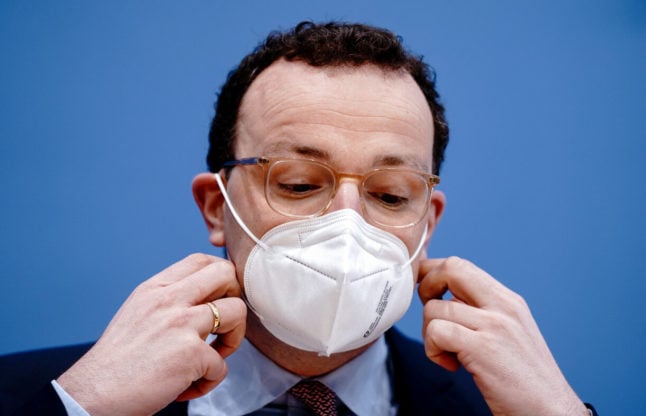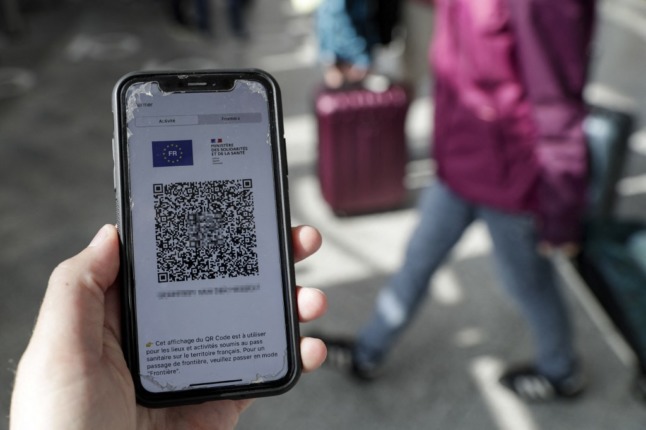“We are now actually ordering further vaccines for 2022, to have at least some on hand,” Health Minister Spahn said on Saturday at a virtual town hall meeting.
“Nobody knows if we’ll need a booster… With production capacities now being extended, we’ll order vaccines as a precaution. If we don’t need them, good, but if we do, then they’ll be available.”
Spahn attempted to reach out to critics during the meeting.
“There are vaccines coming every week, and there will also be more, step by step,” Spahn said.
According to the Health Ministry, more than 3.5 million doses have been delivered to vaccine centres and some 2.2 million people have received their first jab.
Meanwhile, German politicians are calling for more clarity on the exact time scale of the vaccine rollout ahead of a crunch meeting between the German government and pharma industry representatives on Monday.
After facing sharp criticism over the slow start to the country’s vaccination programme, Chancellor Angela Merkel hopes the meeting will bring the rollout back on track and soothe anger among the country’s 16 state leaders.
Already on Sunday, EU Commission President Ursula von der Leyen is reportedly in talks with the CEOs of the manufacturers with whom the EU has concluded supply contracts.
The first few weeks of the vaccine rollout have been accompanied by delivery difficulties on the part of individual manufacturers, problems with scheduling, and rising anger about vaccine shortages.
Rhineland-Palatinate’s Prime Minister Malu Dreyer (SPD) complained on Saturday that a lack of clarity on supply deadlines was making it impossible to plan for more than a few weeks.
“The quantities of Moderna’s vaccine have been cut by 20 percent, and Astrazeneca’s announcements are subject to change. On this basis, we still cannot reliably allocate vaccination dates,” Dreyer told Bild am Sonntag.
Hamburg’s mayor, Peter Tschentscher, said on Twitter: “the Chancellery has just announced that the promised deliveries of Moderna vaccines are now also being reduced. How are we expected to plan vaccinations in these circumstances?”



 Please whitelist us to continue reading.
Please whitelist us to continue reading.
Member comments